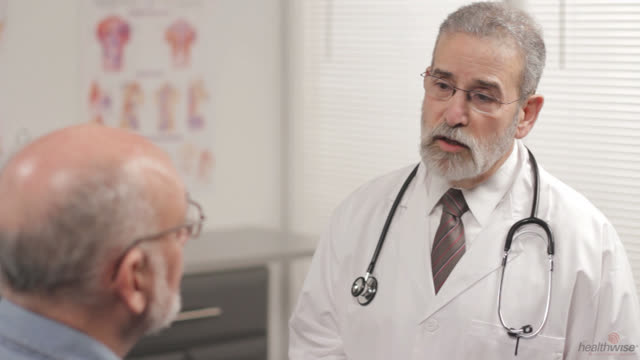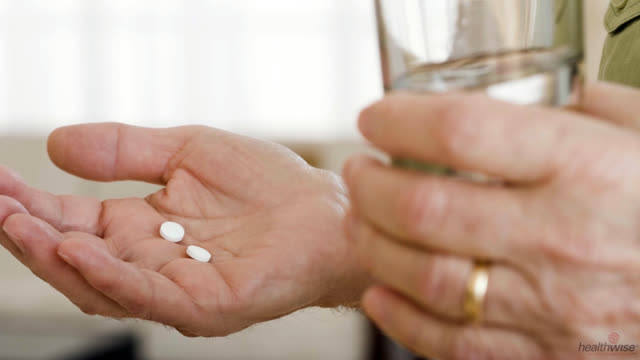Coronary Artery Disease: Prevention Myths
Overview

There are lots of things you can do to lower your risk for coronary artery disease. But some diets and dietary supplements do not lower risk. It's not clear if vitamins, minerals, and multivitamins can lower risk.
Talk with your doctor about the best ways to lower your risk of heart disease. By eating heart-healthy foods, most people can lower their risk and get all of the nutrients they need. Other proven ways to lower risk include being active, staying at a healthy weight, and not smoking.
Eating plans
Heart-healthy eating can help lower risk of heart disease, heart attack, and stroke.
Do not use these diets to lower risk:
- Low-carbohydrate diets. These diets could cause serious medical problems, especially if you have heart disease, type 2 diabetes, high cholesterol, or high blood pressure. The Academy of Nutrition and Dietetics and the American Heart Association do not recommend these diets.
- High-protein diets. These diets limit healthy foods such as fruits and vegetables. And they don't include essential vitamins, minerals, and fiber. The American Heart Association does not recommend high-protein diets.
Vitamins and supplements
By eating heart-healthy foods, most people can lower their risk and get all of the vitamins and nutrients they need.
It is clear that taking some vitamins and supplements does not lower the risk of heart disease, heart attack, and stroke.
Do not take these supplements to lower risk:
- Beta-carotene
- Chromium
- Coenzyme Q10
- Garlic
- Policosanol
- Selenium
- Vitamin B or folic acid
- Vitamin C
- Vitamin E
It is not clear if taking other vitamins, multivitamins, or supplements can lower risk. There is not enough evidence to show that they work or don't work.
Hormone therapy
Doctors used to think that hormone therapy for women could lower the risk of getting heart disease. But hormone therapy does not prevent heart disease. So experts no longer recommend this use of hormone therapy.
Related Information
Credits
Current as of: June 24, 2023
Author: Healthwise Staff
Clinical Review Board
All Healthwise education is reviewed by a team that includes physicians, nurses, advanced practitioners, registered dieticians, and other healthcare professionals.
Current as of: June 24, 2023
Author: Healthwise Staff
Clinical Review Board
All Healthwise education is reviewed by a team that includes physicians, nurses, advanced practitioners, registered dieticians, and other healthcare professionals.





